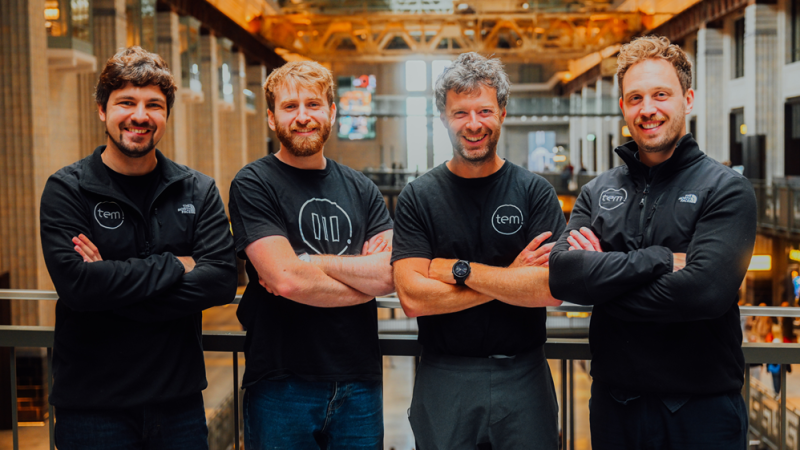These fledgling companies have a distinct and vibrant approach that sets them apart, and it is their culture that catalyzes the agility and innovation that many established businesses envy. Sometimes you have to invest every penny of your slots real money winnings to succeed. This secret sauce lies in a seemingly unconventional place: the culture of startups.
Startup culture, despite its variation across different organizations, generally encapsulates a set of shared attitudes, values, goals, and practices that characterize the modus operandi of startup companies. It emphasizes innovation, flexibility, customer focus, a tolerance for failure, and above all, a determination to grow.
These are the key ingredients that make startup culture the ideal recipe for fostering business agility and innovation.
Ingredient 1: Innovation
The ethos of innovation is perhaps the most significant feature of startup culture. It is often born out of necessity; with limited resources, startups need to think outside the box to stay afloat and grow. This need encourages a mindset of constant invention, exploration, and reimagination, fostering a culture that continually pushes boundaries and questions the status quo.
For example, startups like Uber and Airbnb revolutionized their respective sectors by challenging conventional business models and introducing innovative alternatives. By encouraging such a culture of relentless innovation, startups develop the resilience and adaptability to transform industries and grow exponentially.
Ingredient 2: Flexibility
In stark contrast to established businesses with rigid hierarchies and bureaucracies, startups are known for their flexible organizational structures. This flexibility allows for more open communication, quicker decision-making, and a fluidity that can adapt to rapidly changing business environments.
This structural agility goes beyond the organization’s hierarchy. It includes a willingness to pivot business strategies and models, as seen with companies like Slack, which began as a gaming company before transitioning into one of the world’s most popular collaboration tools.
Ingredient 3: Customer Focus
Startups are often highly customer-centric. With survival and growth as top priorities, startups must understand their customers’ needs and wants in granular detail to compete effectively. This customer focus drives a culture of empathy, active listening, and a commitment to delivering value. In turn, it allows for the development of products and services that meet customer needs in unique and compelling ways.
Ingredient 4: Tolerance for Failure
In the high-risk, high-reward world of startups, failure is seen as an inevitable stepping stone towards success. Unlike traditional corporate cultures where failure can be stigmatized, startup culture embraces failure as a learning opportunity. This tolerance for failure encourages risk-taking and experimentation, which are essential for disruptive innovation and business agility.
Ingredient 5: Growth Orientation
Lastly, startup culture is characterized by a relentless focus on growth. Every decision, from product development to marketing strategy, is made with growth in mind. This often results in a fast-paced work environment with high levels of energy and motivation. It also fosters a culture of continuous learning and development, as employees seek to acquire the skills and knowledge that will help the company grow.
Cultivating Startup Culture in Established Businesses
While startup culture is often associated with new, small businesses, its principles can and should be adopted by established companies looking to foster innovation and agility. This requires leadership commitment, structural adjustments, and a shift in mindset to incorporate the key ingredients of startup culture.
Start by fostering a culture of innovation, encouraging employees at all levels to challenge the status quo and propose new ideas. Adopt a more flexible organizational structure that enables quicker decision-making and encourages collaboration. Shift the focus towards customer needs and wants, and let these guide your product and service development.
Embrace failures as opportunities to learn and improve. Celebrate the lessons learnt from unsuccessful projects or strategies. Lastly, instil a growth orientation in all aspects of your business, encouraging continuous learning and development.
In conclusion, startup culture is not merely a trendy concept but a strategic imperative for businesses seeking to thrive in today’s volatile and competitive environment. Its ingredients – innovation, flexibility, customer focus, tolerance for failure, and a growth orientation – create an environment conducive to agility and creativity. By adopting and nurturing these elements, businesses of all sizes can infuse the vitality of startup culture into their operations and set the stage for sustained success.







